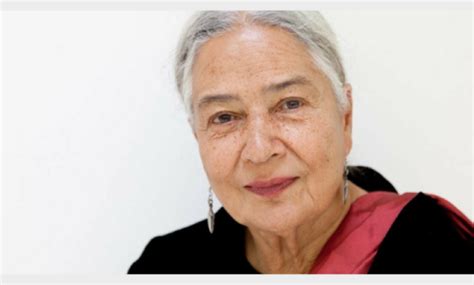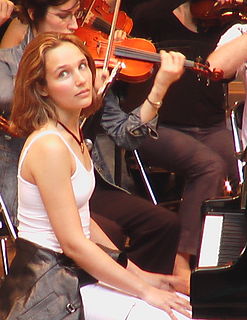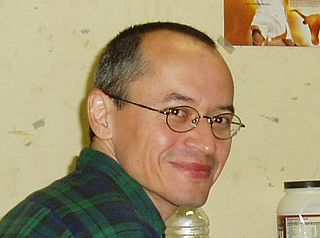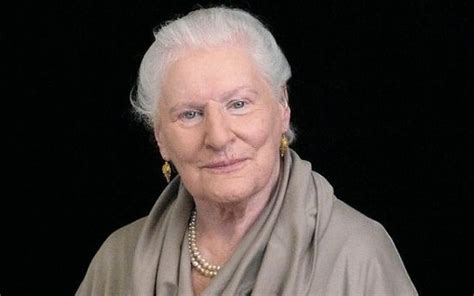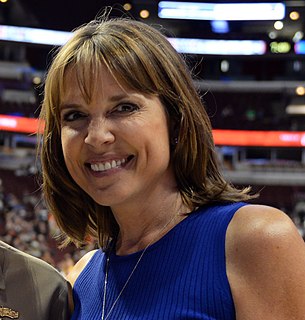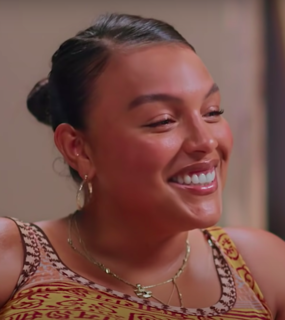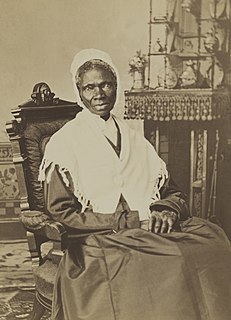A Quote by Anita Desai
When I was very young, I used to share much of what I wrote with my family, but as I got older and more self-conscious, it became a much more private process.
Related Quotes
I am much more understanding of people than I used to be when I was young - people were either villainous or wonderful. They were painted in very bright colours. The bad side of it - and there is a corollary to everything - is that when we get older, we fuss more. I used to despise people who fussed.
There's always the syndrome of the parent-child relationship: when someone has known you since you were very young, it doesn't matter how much more independent, how much older or more mature you get - there is still that element, the dynamic of the relationship that is very hard to successfully transform, and that has nothing to do with the music-making, in the end.
Buddha has said to his disciples: Whenever you meditate, after each meditation, surrender all that you have earned out of meditation, surrender it to the universe. If you are blissful, pour it back into the universe - don't carry it as a treasure. If you are feeling very happy, share it immediately - don't become attached to it, otherwise your meditation itself will become a new process of the self. And the ultimate meditation is not a process of self. The ultimate meditation is a process of getting more and more into un-self, into non-self - it is a disappearance of the self.
You become more and more charged with your life and with a life that you're observing. When I was younger, I was actually looking forward to getting older, to have more insight, more understanding. I'm much more tolerant with others and with myself. I'm not in rebellion all the time, I'm not angry so much. But all those feelings are really useful [when you're young] because they fire us, as long as they don't get out of control.
